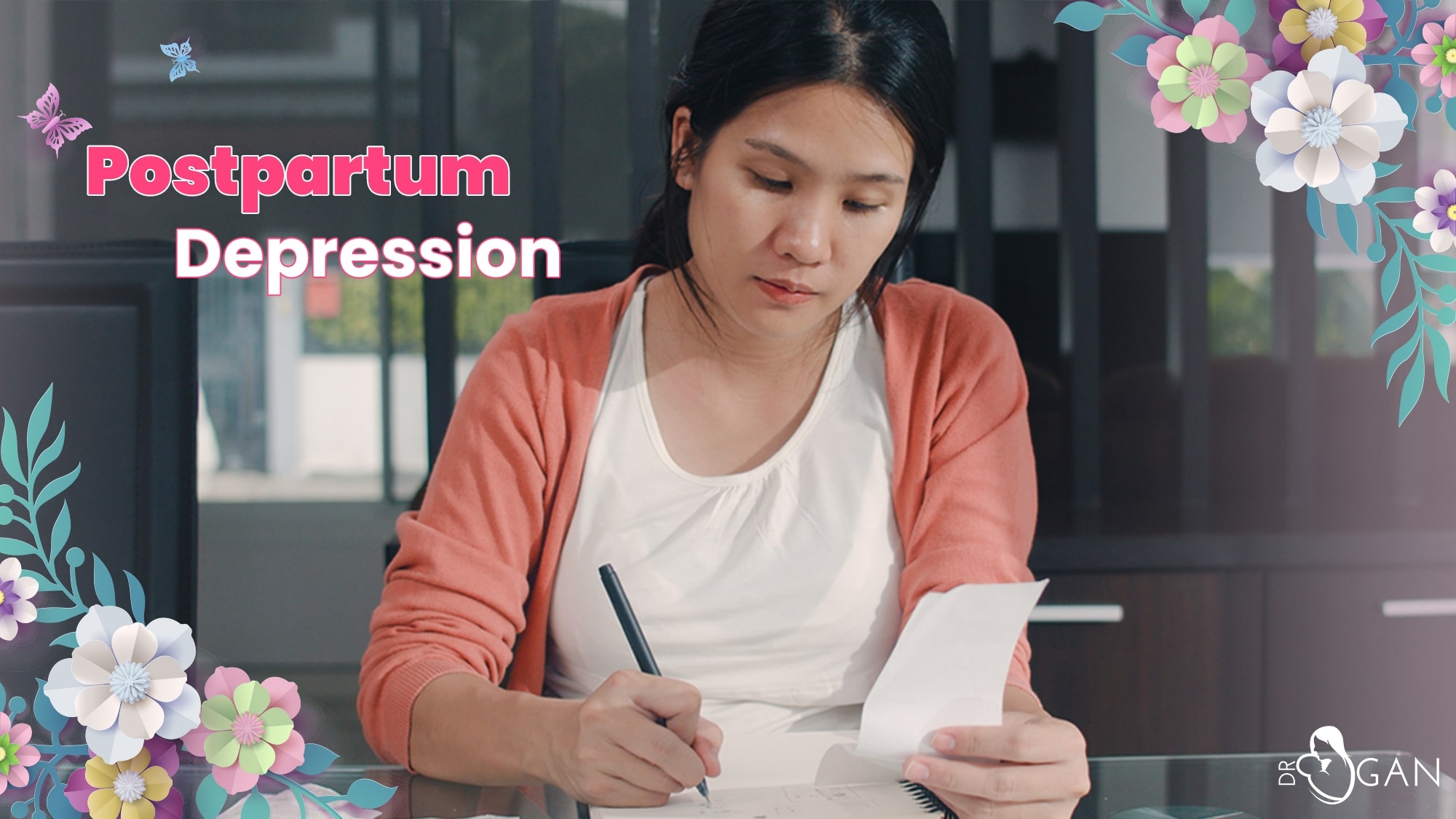Although having a baby is a joyous time for most women, it’s very common for mothers to feel sad, afraid, angry, or anxious after childbirth. Most new mothers have these feelings in a mild form called postpartum blues–sometimes called “baby blues” or “maternity blues.” Postpartum blues almost always go away in a matter of days.
Instead of this relatively mild sadness and anxiety, about 10% of new mothers develop a more troubling condition called postpartum depression.
Baby Blues or Postpartum Depression?
In contrast to the baby blues, postpartum depression is marked by more intense feelings of sadness, anxiety, or despair that disrupt the new mother’s ability to function. If not recognized and treated, postpartum depression may worsen or last longer than it needs to.
Some women appear to have a higher risk of postpartum depression. These women include those who have had postpartum depression before and those with a psychiatric history. There is no evidence that postpartum depression is related to age or the number of previous children. There is evidence, though, that the lack of a supportive partner may be a major factor.
In rare cases–about 1-3 in every 1,000 births–the mother will develop a more severe mental illness or psychosis. Women with a personal or family history of manic depression (bipolar disorder) or schizophrenia appear to be at increased risk for such disorders.
Some Reasons for Postpartum Depression
It is not always known why some women become depressed after childbirth and others do not. One important factor is simply biology. The hormonal and other physical changes after childbirth can affect a woman’s mood and behavior for days or weeks. Environmental factors, such as stress, feeling alone, and lack of support from family and friends, can also play a role. Other factors are psychologic–things that affect a woman’s self-esteem and how she copes with stress.
Physical Changes
The postpartum period is a time of great changes in the body. Levels of the female hormones estrogen and progesterone drop sharply in the hours after childbirth. These decreases may trigger depression, just as much smaller hormonal changes can trigger moodiness and tension before menstrual periods.
Psychologic Aspects
Many psychologic factors can contribute to postpartum depression. Feelings of doubt about pregnancy are widespread. The pregnancy may be unwanted or unplanned. Or the baby may come early, forcing unexpected, stressful changes in home and work routines. Feelings of loss are very common after childbirth and can also contribute to depression.
Lifestyle Factors
A major factor in postpartum depression is the lack of emotional support from the partner, relatives, and friends. The partner’s steady support is vital throughout pregnancy and in the weeks and months after the birth.
Breastfeeding problems can make a new mother feel inadequate and depressed. New mothers need not feel guilty if they cannot breastfeed or if they decide to stop.
The Role of Myths
Three myths about motherhood are common:
Myth #1: Motherhood is instinctive. First-time mothers often believe that they should automatically know how to care for a newborn. New mothers need to learn mothering skills just as they learn any other important life skill. It takes time and patience.
Myth #2: The perfect baby. Most women have fantasies about what their newborn will look like. When the baby arrives, mothers have to realize that their newborn may not match the baby of their dreams.
Myth #3: The perfect mother. Along with the ideal baby, some women are burdened by the notion of the perfect mother. In reality, no mother is perfect.
What You Can Do
If you find that you are feeling depressed in a week or so after your child’s birth, there are some things you can do to take care of yourself and your baby during this vulnerable period.
Rest is very important. Don’t try to do everything. Ask for help from family and friends, especially if you already have children. If possible, have your partner help with the feedings at night.
It is important to shower and dress each day to take special care of yourself. Go for a walk, meet with friends, exchange notes with other new mothers. And be sure to spend time with your partner.
Finally…
It is important to remember that these feelings are quite common. They don’t mean that you’re a failure as a woman or as a mother or that you are mentally ill. They do mean that you and your body are adjusting to the many changes that follow the birth of a child.
If the baby blues don’t go away after a week or two, you may be suffering from postpartum depression. Talk with your doctor, who can provide resources for counseling and treatment.



Add a Comment